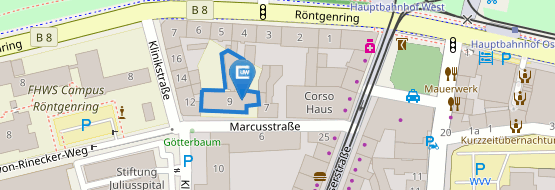Avoidance and habit learning
Habitual, outcome-insensitive action control is strengthened relative to goal-directed, outcome-sensitive action control in various psychological disorders. Dysfunctional behaviors persist partly due to this imbalance in action control processes. A habitual component may play a role in the maintenance of fear-related avoidance as well, but empirical evidence on the connection between fear-related avoidance and habitual action control remains scarce. We investigate habitual and goal-directed learning and behavior in avoidance behavior in healthy participants with low and high anxiety as well as in patients with anxiety disorders.
Exemplary and suggested publications:
Pittig, A., Wong, A. H. K, Glück, V. M., & Boschet, J. M. (2020). Avoidance and its bi-directional relationship with conditioned fear: Mechanisms, moderators, and clinical implications. Behavior Research and Therapy, 126, 1-24. https://doi.org/10.1016/j.brat.2020.103550
Arnaudova, I., Kindt, M., Fanselow, M., & Beckers, T. (2017). Pathways towards the proliferation of avoidance in anxiety and implications for treatment. Behaviour Research and Therapy, 96, 3–13. https://doi.org/10.1016/j.brat.2017.04.004
Wirz, L., Bogdanov, M., & Schwabe, L. (2018). Habits under stress: Mechanistic insights across different types of learning. Current Opinion in Behavioral Sciences, 20, 9–16. doi.org/10.1016/j.cobeha.2017.08.009


